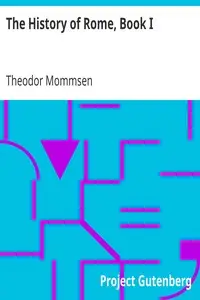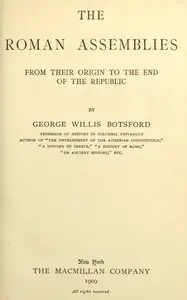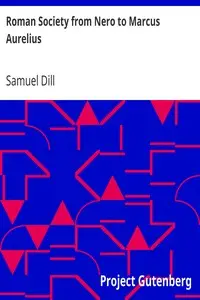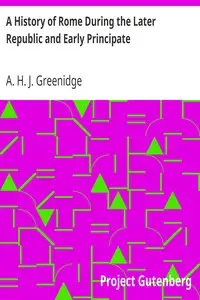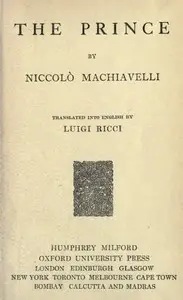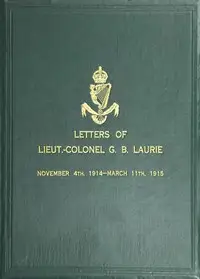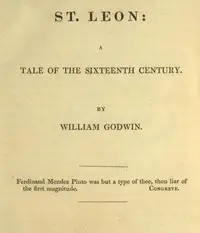"Discourses on the First Decade of Titus Livius" by Niccolò Machiavelli is a 16th-century exploration of Roman history that analyzes Livy's writings to understand the underpinnings of good government, the conflicts between social classes, and the crucial role of liberty in a nation. Machiavelli scrutinizes the forces that propelled Rome to power, highlighting the contributions of both the Senate and the people. The treatise begins by clarifying the purpose of his historical analysis and the value of historical knowledge. It examines the foundation of cities, whether established by locals or newcomers, and how these origins influence their trajectory. Early chapters consider different forms of government, comparing the Roman Republic to city-states like Venice and Sparta, and stressing the importance of the tribunes in mediating authority between the elite and the general population. Machiavelli uses these discussions to prepare for a more thorough consideration of how internal conflict can fortify a republic, as well as the hazards of corruption and division.

Discourses on the First Decade of Titus Livius
By Niccolò Machiavelli
Uncover the secrets behind the rise of Rome as a shrewd observer dissects its history to reveal timeless lessons on power, freedom, and the delicate balance between social classes.
Genres
Released
2004-01-01
Formats
epub3 (images)
mobi (images)
mobi
epub
epub (images)
txt
Free Download
Summary
About the AuthorNiccolò di Bernardo dei Machiavelli was a Florentine diplomat, author, philosopher, and historian who lived during the Italian Renaissance. He is best known for his political treatise The Prince, written around 1513 but not published until 1532, five years after his death. He has often been called the father of modern political philosophy and political science.
Niccolò di Bernardo dei Machiavelli was a Florentine diplomat, author, philosopher, and historian who lived during the Italian Renaissance. He is best known for his political treatise The Prince, written around 1513 but not published until 1532, five years after his death. He has often been called the father of modern political philosophy and political science.
Total Reviews
10.0k
Total reviews from Goodreads may change

